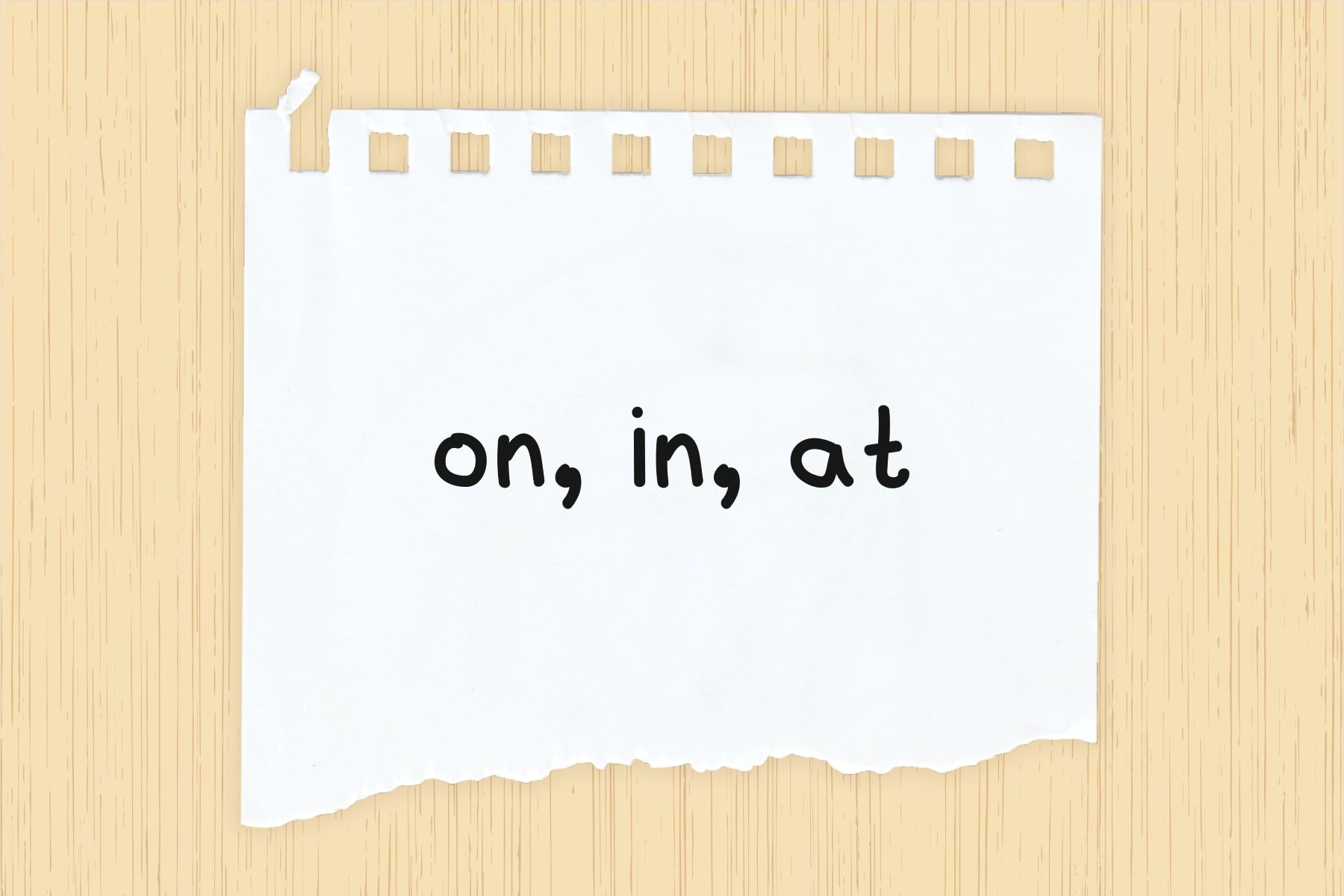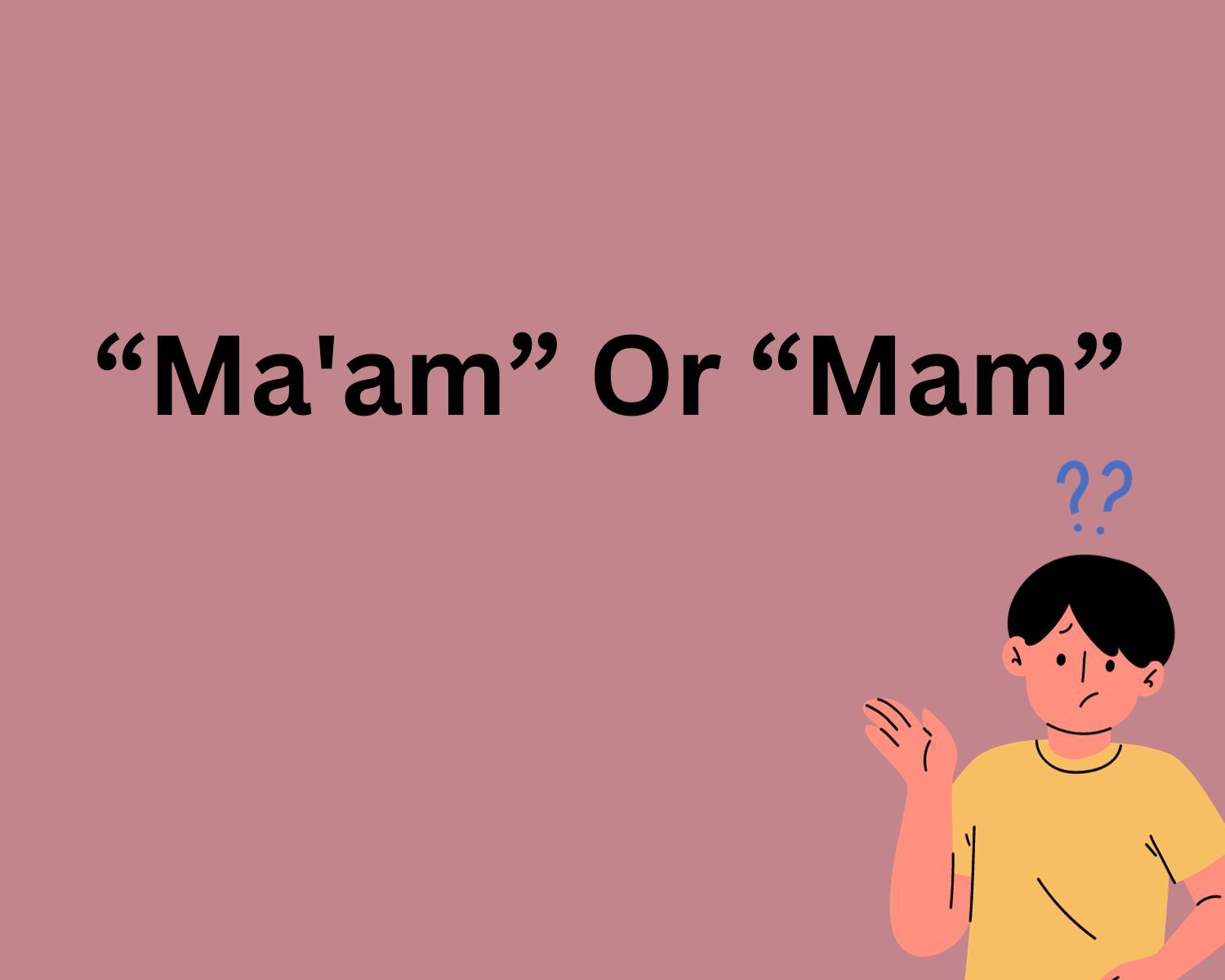Home>Language and Grammar>Discover The Correct Grammar: ‘An Honor’ Or ‘A Honor’?


Language and Grammar
Discover The Correct Grammar: ‘An Honor’ Or ‘A Honor’?
Published: January 16, 2024
Learn the correct usage of "an honor" or "a honor" in the English language and grammar. Understand the rules and improve your writing skills.
(Many of the links in this article redirect to a specific reviewed product. Your purchase of these products through affiliate links helps to generate commission for Regretless.com, at no extra cost. Learn more)
Table of Contents
Introduction
Understanding the correct usage of articles in the English language is crucial for effective communication. One common area of confusion arises when deciding whether to use 'an' or 'a' before a word. This is particularly evident when dealing with words that begin with a vowel sound, such as "honor." The decision to use 'an' or 'a' depends on the sound at the beginning of the following word, rather than the specific letter it starts with.
In this article, we will delve into the nuances of using 'an' and 'a' before the word "honor." By gaining clarity on this topic, you can enhance your grasp of English grammar and elevate your written and spoken communication skills. Let's explore the intricacies of these articles and unravel the mystery behind when to use "an honor" and when to use "a honor."
Understanding the Use of 'An' and 'A'
The English language is rich with intricacies, and one such aspect is the use of articles. When it comes to choosing between 'an' and 'a,' the decision hinges on the sound at the beginning of the subsequent word, rather than the specific letter it begins with. This distinction is particularly important when dealing with words that start with a vowel sound, such as "honor."
The article 'an' is used before words that begin with a vowel sound, while 'a' is used before words that start with a consonant sound. The key here is the sound, not the actual letter. For instance, words like "honor" and "hour" begin with a vowel sound, so they are preceded by 'an.' Conversely, words like "house" and "horse" start with a consonant sound, so they are preceded by 'a.'
Understanding the phonetic aspect of words is crucial in determining whether to use 'an' or 'a.' This phonetic awareness is essential in accurately applying these articles in speech and writing. It's important to note that the distinction is based on the sound and not solely on the spelling of the word. For example, the word "honor" begins with a vowel sound, so it is preceded by 'an,' despite starting with the consonant letter 'h.'
This phonetic rule also applies to acronyms and abbreviations. If an acronym starts with a vowel sound, 'an' is used. For instance, "an MBA program" is correct because the pronunciation of "MBA" begins with a vowel sound, despite the letter 'M' being a consonant.
By grasping the phonetic principles behind the use of 'an' and 'a,' one can navigate the English language with greater confidence and precision. This understanding not only fosters clear and effective communication but also demonstrates a command of grammar and language mechanics. Now that we've established the foundation of using 'an' and 'a,' let's delve into the specific application of these articles with the word "honor."
When to Use 'An Honor'
When determining whether to use 'an' or 'a' before the word "honor," it's essential to consider the phonetic sound at the beginning of the word. Despite the initial letter being a consonant, the word "honor" actually begins with a vowel sound, specifically the sound of the long 'o' (/ˈɒnər/). This phonetic characteristic dictates the usage of 'an' rather than 'a' before the word "honor."
The same principle applies to other words where the initial sound is a vowel sound, such as "honest" and "hour." In each case, the phonetic sound at the beginning of the word governs the choice of article. For example, saying "an honor," "an honest person," and "an hour" adheres to the phonetic rule, ensuring clarity and accuracy in communication.
In formal writing, such as academic papers or professional correspondence, using the correct article before "honor" is crucial for maintaining grammatical precision and linguistic fluency. The adherence to this phonetic rule showcases a meticulous command of language mechanics, reflecting positively on the writer's proficiency.
Moreover, when using the word "honor" in spoken language, employing the correct article enhances the overall fluency and coherence of the conversation. By saying "an honor," the speaker demonstrates an understanding of phonetic principles and linguistic accuracy, thereby conveying their message with clarity and precision.
In literature and public speaking, the proper use of 'an' before "honor" contributes to the overall eloquence and sophistication of the discourse. Whether in a formal address, a literary piece, or a theatrical performance, the accurate application of 'an' before "honor" reflects a keen attention to linguistic detail and an appreciation for the nuances of the English language.
In summary, the decision to use 'an' before the word "honor" is rooted in the phonetic sound at the beginning of the word, rather than the specific consonant letter. By recognizing and applying this phonetic principle, one can effectively convey ideas with grammatical precision and linguistic finesse, both in writing and in speech.
When to Use 'A Honor'
The usage of the article 'a' before the word "honor" is a point of grammatical precision that hinges on the phonetic sound at the beginning of the word. Despite the initial letter being a consonant, the word "honor" begins with the vowel sound of the long 'o' (/ˈɒnər/). This phonetic characteristic dictates the usage of 'an' rather than 'a' before the word "honor." Therefore, the correct form is "an honor." This phonetic rule applies to various words where the initial sound is a vowel sound, such as "honest" and "hour." In each case, the phonetic sound at the beginning of the word governs the choice of article. For example, saying "an honor," "an honest person," and "an hour" adheres to the phonetic rule, ensuring clarity and accuracy in communication.
In formal writing, such as academic papers or professional correspondence, using the correct article before "honor" is crucial for maintaining grammatical precision and linguistic fluency. The adherence to this phonetic rule showcases a meticulous command of language mechanics, reflecting positively on the writer's proficiency.
Moreover, when using the word "honor" in spoken language, employing the correct article enhances the overall fluency and coherence of the conversation. By saying "an honor," the speaker demonstrates an understanding of phonetic principles and linguistic accuracy, thereby conveying their message with clarity and precision.
In literature and public speaking, the proper use of 'an' before "honor" contributes to the overall eloquence and sophistication of the discourse. Whether in a formal address, a literary piece, or a theatrical performance, the accurate application of 'an' before "honor" reflects a keen attention to linguistic detail and an appreciation for the nuances of the English language.
In summary, the decision to use 'an' before the word "honor" is rooted in the phonetic sound at the beginning of the word, rather than the specific consonant letter. By recognizing and applying this phonetic principle, one can effectively convey ideas with grammatical precision and linguistic finesse, both in writing and in speech.
Conclusion
In conclusion, the distinction between using 'an' and 'a' before the word "honor" hinges on the phonetic sound at the beginning of the word, rather than the specific consonant letter. Despite the initial letter being a consonant, the word "honor" begins with the vowel sound of the long 'o' (/ˈɒnər/), leading to the usage of 'an' rather than 'a' before the word "honor." This phonetic rule extends to other words where the initial sound is a vowel sound, such as "honest" and "hour." Adhering to this phonetic rule ensures clarity and accuracy in communication, both in written and spoken language.
Understanding the phonetic aspect of words is crucial in determining whether to use 'an' or 'a.' This phonetic awareness is essential for accurately applying these articles in speech and writing. It is important to note that the distinction is based on the sound and not solely on the spelling of the word.
In formal writing, such as academic papers or professional correspondence, using the correct article before "honor" is crucial for maintaining grammatical precision and linguistic fluency. The adherence to this phonetic rule showcases a meticulous command of language mechanics, reflecting positively on the writer's proficiency. Moreover, when using the word "honor" in spoken language, employing the correct article enhances the overall fluency and coherence of the conversation. By saying "an honor," the speaker demonstrates an understanding of phonetic principles and linguistic accuracy, thereby conveying their message with clarity and precision.
In literature and public speaking, the proper use of 'an' before "honor" contributes to the overall eloquence and sophistication of the discourse. Whether in a formal address, a literary piece, or a theatrical performance, the accurate application of 'an' before "honor" reflects a keen attention to linguistic detail and an appreciation for the nuances of the English language.
By recognizing and applying the phonetic principle behind using 'an' before the word "honor," one can effectively convey ideas with grammatical precision and linguistic finesse, both in writing and in speech. This understanding not only fosters clear and effective communication but also demonstrates a command of grammar and language mechanics, thereby enhancing one's written and spoken communication skills.















